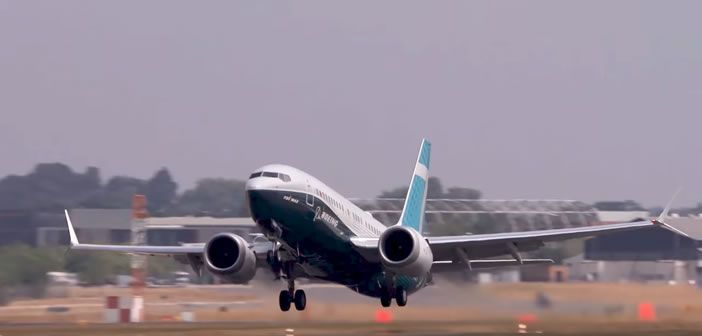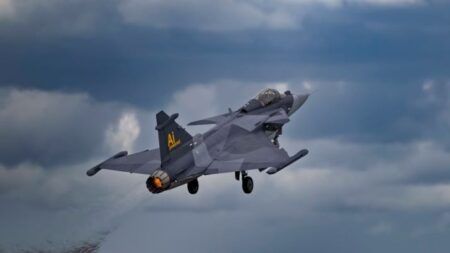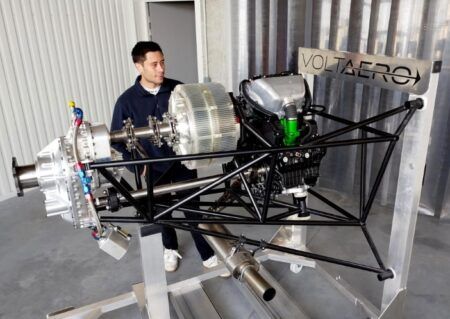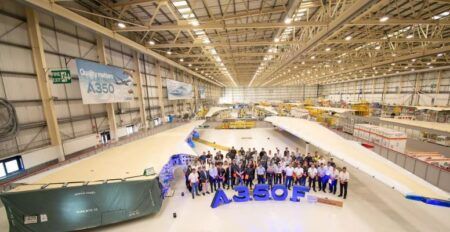After weeks of speculation, Boeing has released details on the return to service of the 737 Max and said it believes the aircraft will be recertified by the USA’s Federal Aviation Administration before the end of this year and return to service in January.
Boeing has been working with the Federal Aviation Administration (FAA) and regulators around the world to rectify problems with the aircraft after two 737 Max crashes during 2018 in Ethiopia and Indonesia, which killed 157 and 189 people respectively. The global fleet of 737 Max aircraft has been grounded since March 2019.
Investigations identified problems with the 737 Max’s manoeuvring characteristics augmentation system (MCAS) as responsible for the crashes. The MCAS, which was added to the 737 because of the heavier engines used in the Max version, automatically compensates when it senses the aircraft is stalling by turning the nose of the plane down and incorrectly operated when the crashes occurred.
In a statement released yesterday, the US aircraft manufacturer said it intends to resume deliveries of new 737 Max aircraft to airlines in December, after the FAA issues an Airworthiness Directive rescinding the grounding order.
It added that the company is also validating updated training requirements before the 737 Max returns to commercial service, which it now expects to begin in January 2020. The USA’s National Transportation Safety Board and the FAA recommended a number of changes to the design of alerts in the 737 Max’s cockpit, the training of pilots and safety assessments in an investigation that published its findings in September.
The company provided five milestones that need to be completed before the 737 Max returns to service:
- FAA eCab Simulator certification session: A multi-day eCab simulator evaluation with the FAA to ensure the overall software system performs its intended function, both normally and in the presence of system failures.
- FAA line pilots crew workload evaluation: A separate, multi-day simulator session with airline pilots to assess human factors and crew workload under various test conditions.
- FAA certification flight test: FAA pilots will conduct certification flights of the final updated software.
- Final submission to the FAA: After completion of the FAA certification flight, Boeing will submit the final certification deliverables and artefacts to the FAA to support software certification.
- Joint Operational Evaluation Board (JOEB) simulator training evaluation: The JOEB, a multi-regulatory body, conducts a multi-day simulator session with global regulatory pilots to validate training requirements. Following the simulator session, the Flight Standardization Board will release a report for a public comment period, followed by final approval of the training.
Boeing and the FAA successfully concluded the first of these milestones last week and are now working towards the FAA line pilots evaluation and the FAA certification flight test.
“At each step of this process Boeing has worked closely with the FAA and other regulators. We’re providing detailed documentation, had them fly in the simulators, and helped them understand our logic and the design for the new procedures, software and proposed training material to ensure that they are completely satisfied as to the airplane’s safety,” said Boeing.





